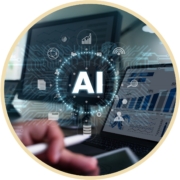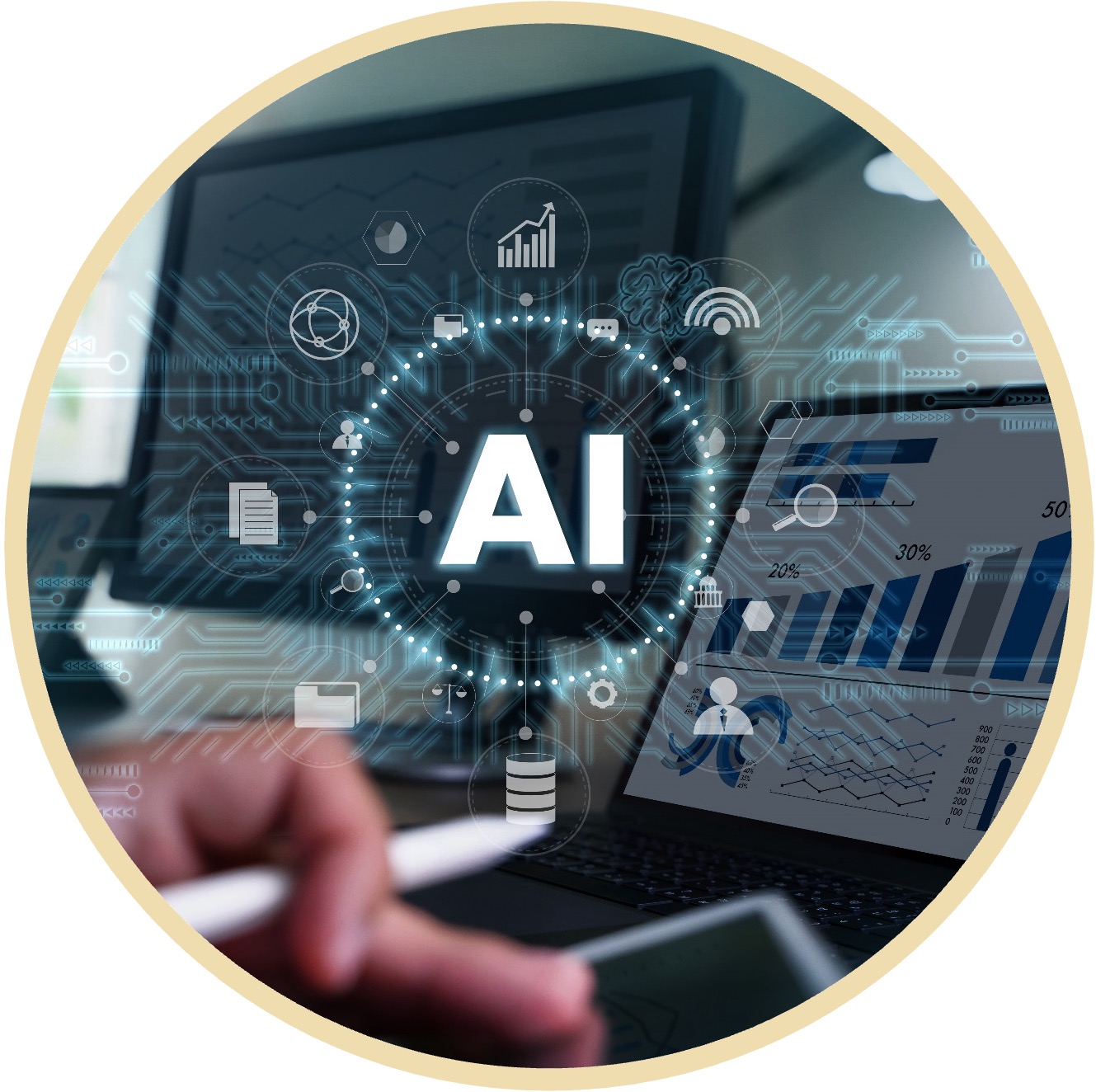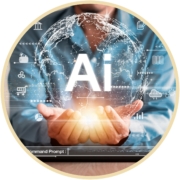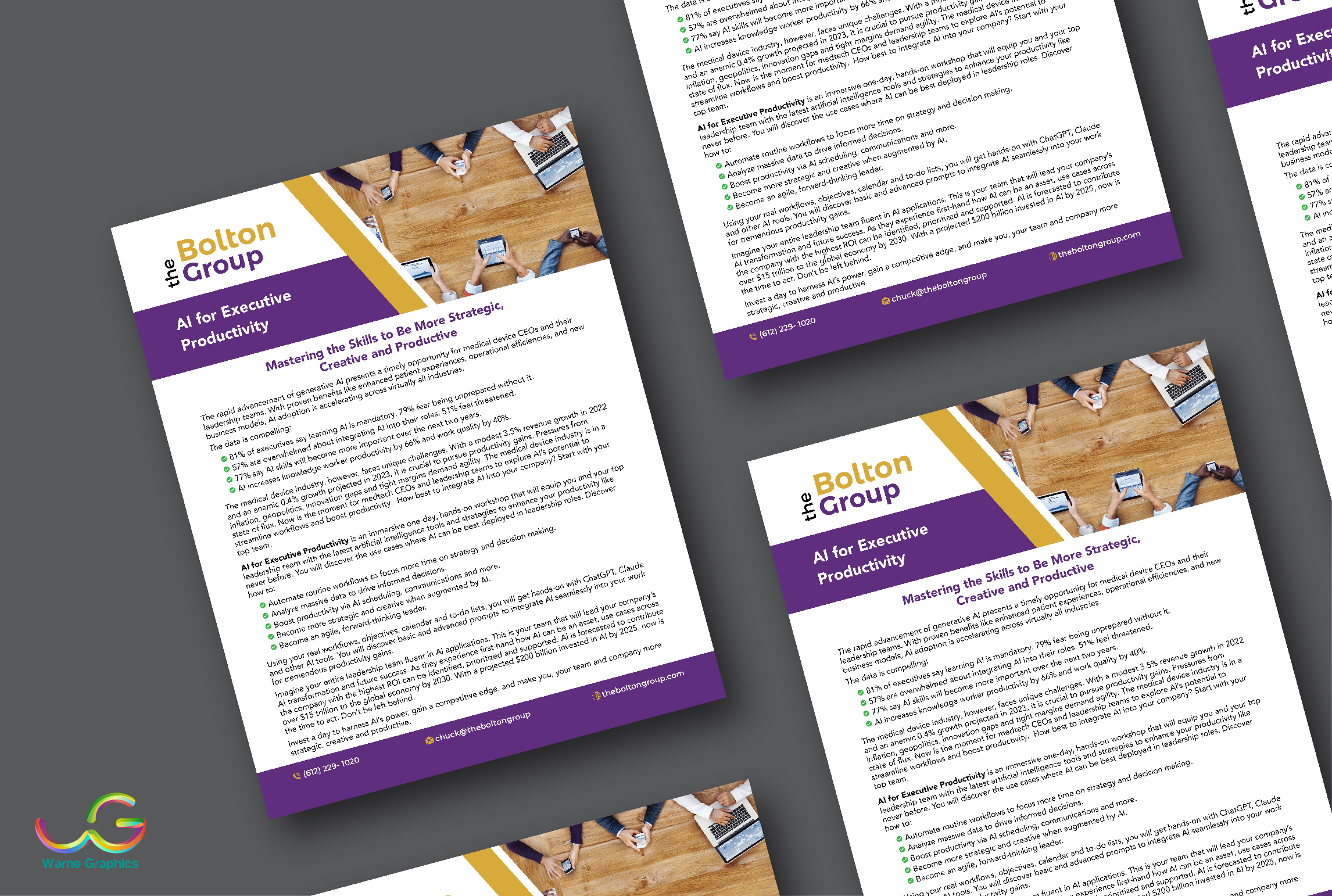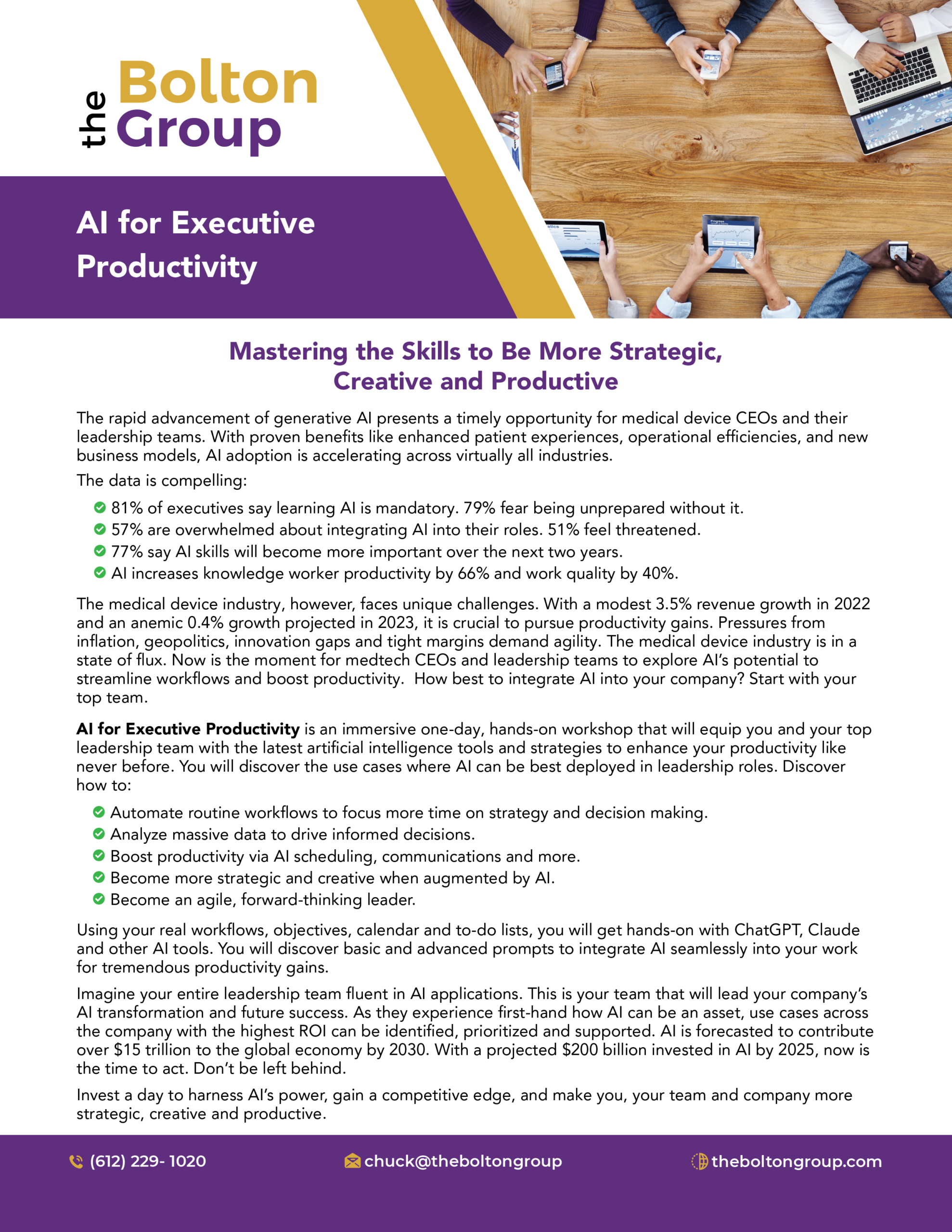Here’s Why Smart CEOs are Embracing Gen AI
Twelve months after the launch of generative AI large language model ChatGPT, one thing is certain. Gen AI has been widely accepted and adopted, being the on-ramp for tens of millions who seek an intelligent partner who can generate and synthesize text, code, audio, video and images. Think of it as a smart teammate who can brainstorm ideas, interact with customers and complete tasks.
As 2023 has been the year when gen AI went mainstream with individuals, 2024 will be the year when business follows. Over the next year, smart CEOs who have not yet discovered the powers of gen AI will adopt and implement AI solutions to boost productivity and increase profitability. Getting trained and incorporating gen AI into individual and company-wide workflows will move from novelty to necessity.
If you have not discovered the superpowers of gen AI, it is imperative to move quickly. This is no time for taking a “wait and see” attitude or to sit on the fence. If you need more facts and projections about the torrential growth and enormous opportunity of AI, consider the following:
Unprecedented global growth. AI is projected to contribute over $15 trillion to the global economy by 2030. Source: PWC Global 2023 Artificial Intelligence Study
Capture a competitive advantage. The AI investment forecast will approach $200 billion globally by 2025. Source: Goldman Sachs
Opportunities for early movers. 82% say AI may provide new attack strategies for adversaries. Source: KPMG 2023 CEO Outlook
Enormous productivity potential. $4.4 trillion is the potential productivity gain from AI. Source: McKinsey
Top investment priority. 70% of CEOs report generative AI is their top investment priority. Source: KPMG 2023 CEO Outlook
Boards desire AI acceleration. 66% of board members want to accelerate the adoption of AI. Source: IBM
Quantity and quality of knowledge worker productivity rises substantially. AI increases knowledge worker productivity by 66% and work quality by 40% on certain tasks. Source: HBS and BCG.
Leaders fear being unprepared for AI. 81% of executives say learning AI is mandatory. 79% fear being unprepared without it. Source: 2023 edX AI Survey
Learning and applying AI tools will soon be mandatory. 77%s of executives say AI skills will become more important over the next two years. Source: 2023 edX AI Survey
Saves time. In IT, a 55% increase in productivity when generating code. In marketing and sales, an 80% reduction in time to marketing copy drafts. In customer service, a 75% potential reduction in volume of human-serviced contacts. Source: McKinsey
It’s getting better. The gen AI models are far from perfect, but they are improving rapidly. AI is either “good” or “excellent at 70% of managerial skills. Smart managers will use AI to make better decisions and improve their performance. Source: Indeed.
Widespread workforce retraining is required. 61% of workers will require retraining by 2027. Source: WEF Future of Jobs report
Everyone needs a smart teammate. AI is a smart, tireless teammate. 91% of executives would like AI to support them. 81% are excited to learn AI skills and apply them to their job. 75% hope many aspects of their jobs can be augmented by AI. Source: 2023 edX AI Survey
Still skeptical? The 2023 edX AI survey, taken by over thirteen hundred CEOs and C-suite leaders, found that 47% of the respondents believed “most” or “all” of the CEO role should be completely automated or replaced by AI – and 49% of the CEOs agreed!
The advent of gen AI marks a pivotal moment in technological evolution, and there’s no turning back. For CEOs, achieving proficiency in gen AI is not just beneficial, it’s imperative. This new era demands a transformation of the CEO’s role, leveraging AI to future-proof their leadership and pave the way for others.
Understanding and utilizing gen AI to enhance decision-making is the first step. Once mastered, it opens doors to vast improvements in business operations, and the development of innovative AI-augmented to products and services. The potential of gen AI extends to elevating your productivity, creativity and strategic thinking. To stay in the game and thrive, it’s time to get going on your AI journey.

